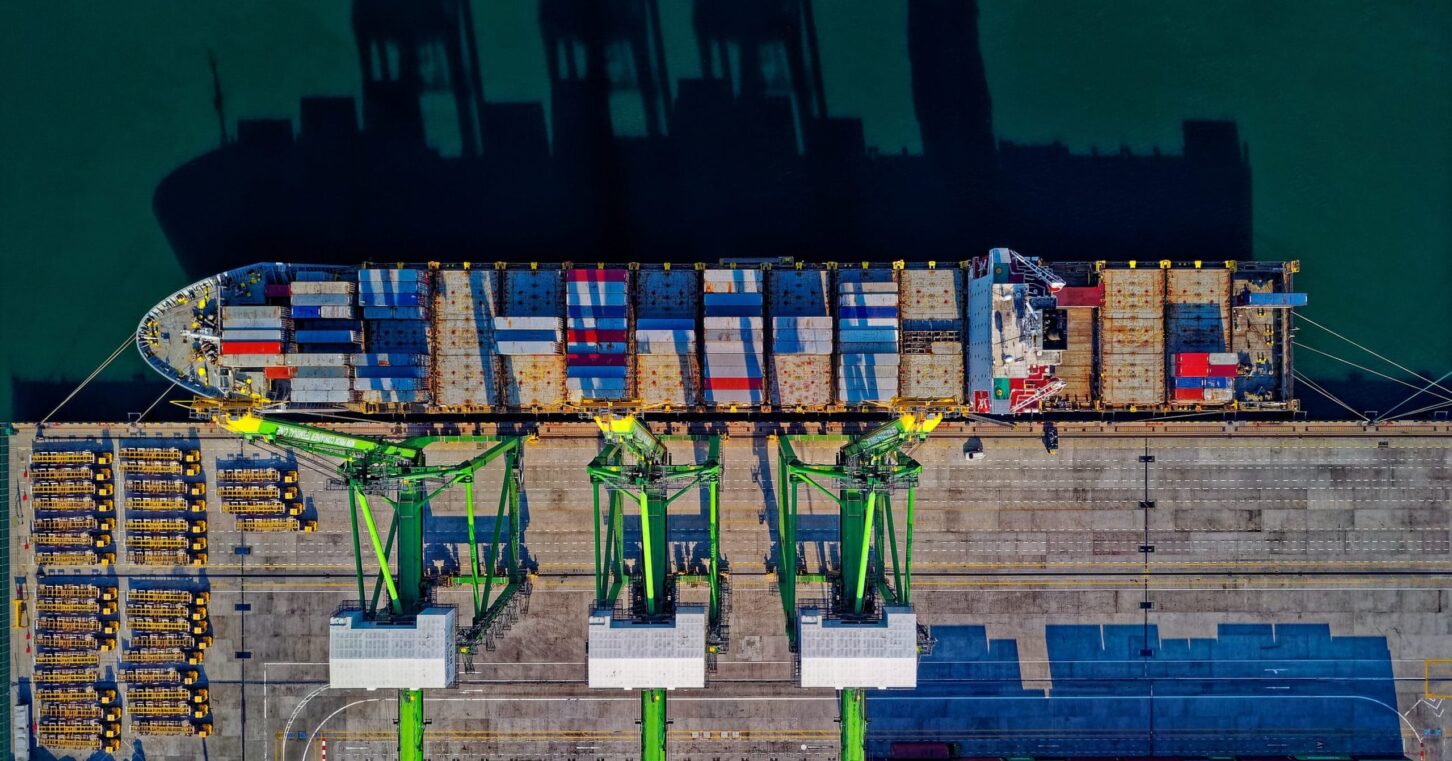
The case for free trade needs to be restated frequently. Politicians keep pushing the same protectionist policies, as though maybe this time the results will be different. President Trump copied Herbert Hoover’s Smoot-Hawley tariffs. President Biden is copying Trump’s trade policies. They do this in part because voters want them to. As economist Bryan Caplan has documented, most people have anti-market bias and anti-foreign bias, and vote for candidates who cater to those biases.
That means that year after year, market liberals need to keep making the case for free trade’s benefits for prosperity, peace, and its importance for resiliency against crises and shortages. Lasting change comes from the bottom up, not the top down, so that’s where we need to focus our efforts. The latest attempt at popular persuasion, “The (Updated) Case for Free Trade” by the Cato Institute’s Scott Lincicome and Alfredo Carillo Obregon, is worthy of its task. It consists of both a paper and a fantastic website that is worth a scroll.
They hit on several fronts, first by making the economic case for free trade: “The payoff to the United States from expanded trade between 1950 and 2016 was $2.1 trillion, increasing GDP per capita by around $7,000 and GDP per household by around $18,000.” With an economy still feeling the effects of COVID-19 and inflation at a 40-year high, trade’s benefits are essential for millions of families.
They then make the geopolitical case for free trade, as have thinkers from Montesquieu in the 18th century to former Secretary of State Cordell Hull during World War II. Countries that trade with each other rarely go to war with one another. This, not boosting GDP, was the animating principle behind the post-war rules-based international trading system anchored by General Agreement on Tariffs and Trade and then the World Trade Organization. Deep trading relationships are also essential for building diplomatic alliances, which are needed today against Russia and China.
Most importantly, they make the moral case for free trade. Too many economists ignore trade’s moral goodness; Lincicome and Obregon emphasize it. Post-WWII trade liberalization was a significant factor in reducing worldwide extreme poverty from 2.2 billion people in 1970 to 705 million in 2015. That’s a two-thirds reduction in absolute terms, even as global population roughly doubled. In percentage terms, the change is even starker. Extreme poverty was 42.6 percent of world population in 1981 and 8.6 percent in 2018. That’s a four fifths reduction in the proportion of people in extreme poverty, in less than 40 years. Never in human history has anything like this ever happened before, and trade is one of the engines behind it.
That progress is measured in dollars, but it’s not really about money. It’s about reducing infant mortality, and sending kids to school instead of to work in the fields. It’s about access to sanitation, electricity, and medical care. It’s about each generation finally living better than the one before it, even in the poorest places on Earth. Hans Rosling’s book Factfulness shows how deeply trade-enabled growth has improved people’s lives. Trade gives people hope, opportunities, and progress.
The authors then make the case against protectionism, which has guided trade policy for both the Biden and Trump administrations. In addition to puncturing myths about manufacturing, the balance of trade, and self-sufficiency, they point to good policies that policy makers should adopt.
Free trade is about more than removing obstacles. It is about creating an institutional structure under which people—not politicians and special interests seeking protection—can cooperate, compete, and resolve disputes in ways that they choose.
Cato’s web team put together an excellent website summarizing the case for free trade; Lincicome and Obregon’s paper is also a good read.
These are not the only resources for people interested in the case for free trade. Iain Murray and I wrote the report “Traders of the Lost Ark” a few years ago. Pierre Lemieux’s What’s Wrong with Protectionism? is a fantastic short book. The magnum opus of America’s complicated relationship with free trade is Doug Irwin’s Clashing Over Commerce, the paperback edition of which blurbs my review on the back cover.